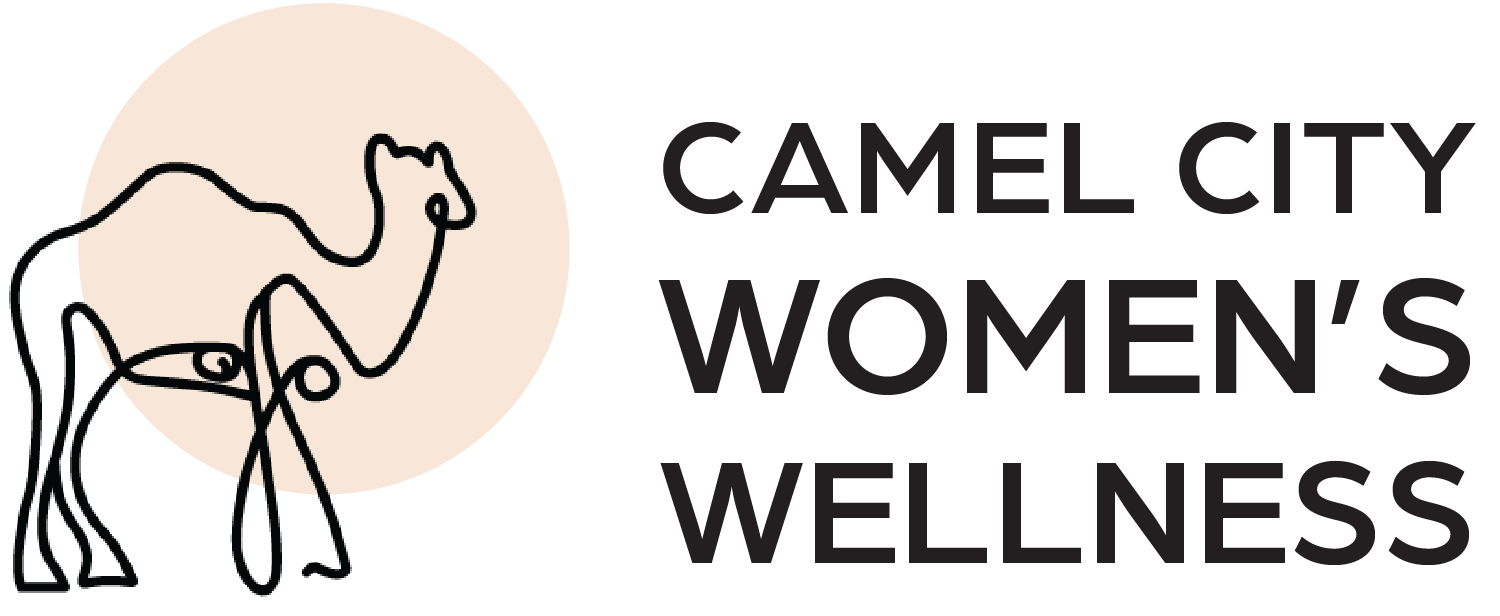It is a modern healthcare model in which insurance is removed from the patient-provider relationship. Direct care allows for patients to have direct access to their health care provider and limited office staff so that your care is directed by your health care provider and not a “team” of people. Typically, the patient panel size is limited so that the provider has more time and energy to take care of the people on their panel. In an insurance based model, panel sizes can be as large as 1500-5000 patients. In direct care, panel sizes are typically 50 patients to a few hundred. CCWW is on the smaller side, sometimes called a “micro practice”. Patients typically have direct access to their provider between visits, and eliminates the need for you to come in to be seen for minor health concerns or questions.
Yes, for anyone in North Carolina.
Yes! We will work together to figure out what you need, and this will be done after thorough history, exam, and lab work as needed.
No we do not. We wrote about this over on our blog.
Yes. We can provide routine well woman care and cervical cancer screening with Pap tests, as well as all the routine preventative care services for all women at any age. You can read about our detailed service list here.
Loaded question! We wrote about our approach to our assessment including who, what, when, we order labs you can read about here. In short, we have a combination of blood tests, saliva tests, at home hormone monitoring, continuous glucose monitoring, and stool tests.
Health and wellness is a long term effort, and I am interested in aligning with individuals who are invested in their health for the long haul.
Please view our membership details here.
Please view our membership details here.
Labs and imaging are not included in the membership fee. With the exception of one set of annual physical labs (CBC, CMP, TSH, lipid panel, A1C, vitamin D, vitamin B12, ferritin).
All labs are cash pay upfront and paid directly to the lab as of May 27, 2025. We no longer allow our patients to bill labs to their insurance. Read more about lab costs here.
Imaging can be billed to your insurance, and that is worked out between your insurance and the imaging center. We do have a list of cash price for imaging for those who are under- or uninsured.
Great question! We take pride on our scope, and you can view it by clicking here.
It’s perfectly okay! You can book a discovery call to chat with either Whitney or Christina to see if we are a good fit by clicking here.
There is no long term commitment. You can cancel when/if you feel your healthcare needs are met. However, we can’t anticipate our health care needs. The goal of direct care is to establish a meaningful relationship with your provider so that when a health need arises, it can be addressed in a timely, appropriate, and compassionate manner.
No membership based medicine is not like insurance. We highly recommend you have an insurance plan for specialty visits, emergency, and surgical procedures. However, we cannot advise on which insurance plan or carrier might be right for you.
Insurance does not cover membership fees, and there is no ICD10 or CPT code attached to membership billing. Both of these codes are required for insurance reimbursement. For this reason, there is not a way to produce a superbill for membership fees. It is up to you to look to see if your HSA/FSA will cover the membership fees.

